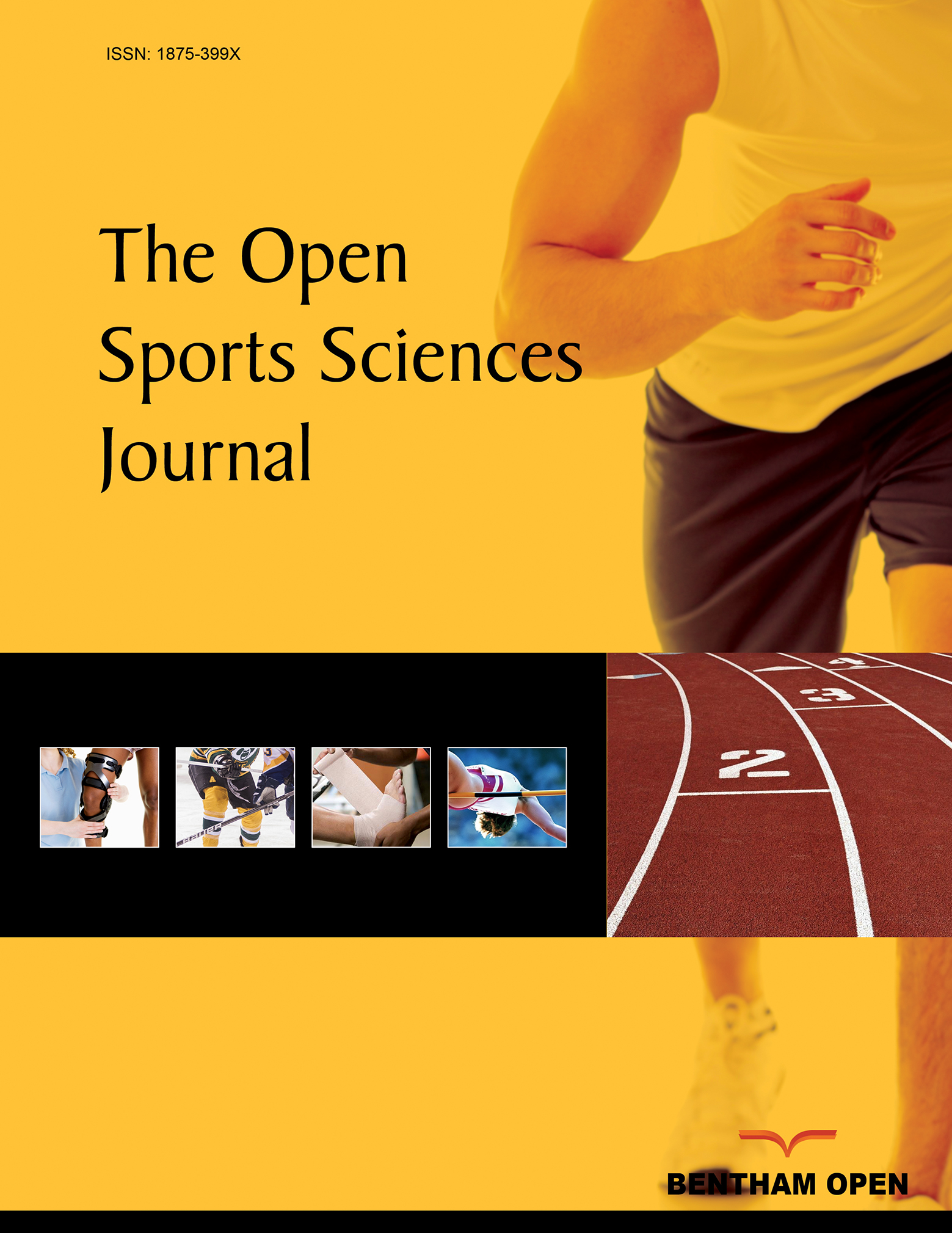All published articles of this journal are available on ScienceDirect.
A Study of Media Impact on Public Opinion Regarding Performance Enhancement in Major League Baseball
Abstract
From 1986-2006, allegations of performance enhancement in sport exploded from a barely acknowledged phenomenon, in venues like bodybuilding and professional wrestling, to a widely publicized issue through professional baseball. For Americans, baseball is identified as the National Pastime and thereby contributes to what has been characterized as America's civil religion. News magazines, such as Sports Illustrated, Newsweek and Time, have become outlets for setting public agendas on many topics, including steroids and fair play in athletics. Through content analysis, this study associated the agenda setting effects of magazine coverage of performance-enhancement in professional baseball. Frames characterizing the issue were determined. The relationship between coverage of implicated drug use and public opinion was explored through Gallup Poll results. The data suggest that baseball is a reliable culture-reflector for American society and that steroid use and performance enhancement have become an important social issue-with ramifications extending beyond sport.


